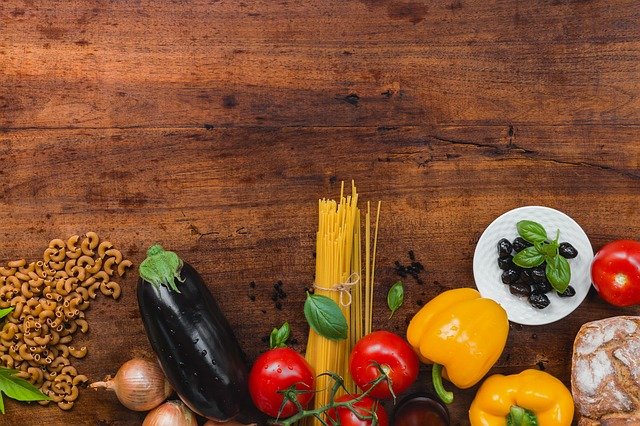Recovering from addiction is always an amazing accomplishment. It requires hard work, dedication and a willingness to put one’s health first. It also allows for those seeking sobriety to see how substance abuse has affected your life and health. One big thing you’re sure to notice is the lack of vitamin-rich foods in your diet, and how that has affected your mental and physical wellbeing.
Nutrition and a healthy diet is something everyone should strive for, but even more so when one is recovering from substance abuse. When you abuse any substance, whether it’s alcohol or drugs, health and diet are the first things to suffer.
How Poor Diet Affects the Body
Perhaps you immediately noticed some physiological changes not too long after you began using. A poor diet can lead to a myriad of digestive, cardiovascular, dental, pancreatic, and mental issues, among others. Some of these problems can include:
- Constipation
- Binge eating
- Depression
- Tooth loss
- Vitamin deficiencies
- Memory problems
When one is under the influence, one is also more likely to choose junk food and food with lower nutritional value, meaning that even if you aren’t malnourished, the foods you are eating aren’t keeping you healthy. Certain drugs, such as marijuana, also can trigger binge eating. This can also cause users to go for less-than-nutritious food and ultimately affect their overall diet if they eat primarily while under the influence.
How Healthy Eating Affects the Body
In addition to the health benefits that come with kicking an addition, having the opportunity to eat better will come with a number of perks that you’ll immediately notice. After you begin a healthier diet, you’ll begin to see changes in your energy level and overall temperament – you’ll find yourself more able to take on the day and in improved spirits. You’ll also see improvements in your memory as well as overall health.
With a proper diet, your immune system will strengthen, making you less vulnerable to diseases as well as severe cases of illness. Reversible symptoms of malnutrition, such as those pertaining to the digestive system, are also sure to fade with time and continuous healthy eating.
How to Eat During Recovery
If you’re still in the process of reaching sobriety, it’s crucial to eat foods that will help your recovery. This means carby and nutrient-rich foods such as:
- Bread
- Noodles
- Beans
- Potatoes
- Rice
- Additional veggies and fruits
In addition to high-carb, high-nutrient foods, people in recovery should also eat foods that proteins, calcium, and good oils. This includes foods like:
- Dairy foods (milk, cheese, yogurt)
- Meat
- Fish
- Olive oil
- Nuts
- Tofu
These foods will help your body recover as it heals and adjusts to its new normal. In addition, low-nutrition food such as candy, cakes, soda, alcohol, potato chips, energy drinks, and similar snack foods should be avoided. Caffeine intake from coffee and, to a lesser extent, tea should also be limited.
Healthy eating is important not only after you’ve recovered, but during your journey to sobriety. The nutrients your body was missing out on the need to be replenished as well as maintained with a good diet.

